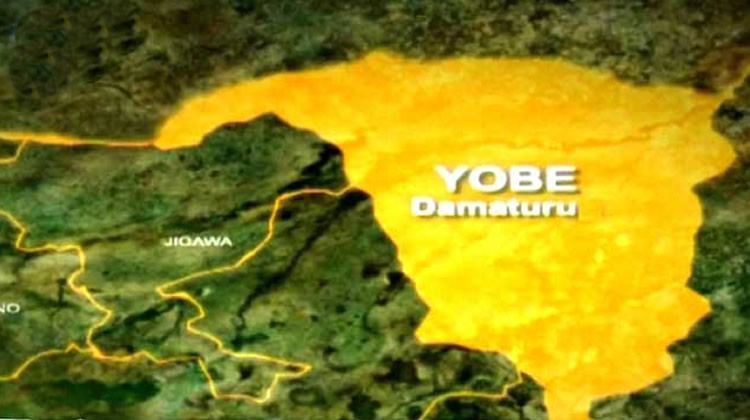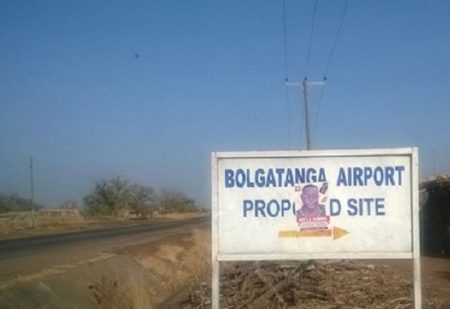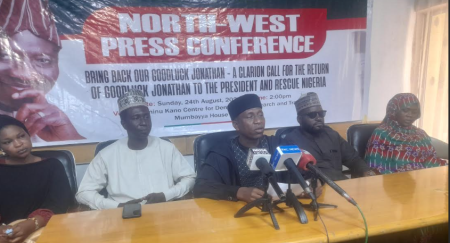The Green Renaissance: Yobe State’s Ambitious Plan to Combat Desertification
Yobe State, located in the northeastern region of Nigeria, is facing a severe environmental crisis characterized by desertification, a process that transforms fertile land into barren deserts, primarily due to human activities and climatic variations. Recognizing the gravity of this ecological threat and its potential socio-economic repercussions, the Yobe State Government has embarked on a significant initiative aimed at combating desertification and restoring the state’s fragile ecosystem. This ambitious project revolves around a massive tree planting campaign, signifying a decisive step towards environmental sustainability and a commitment to mitigating the adverse effects of climate change.
The cornerstone of this environmental rehabilitation endeavor is the inauguration of a high-level committee dedicated to overseeing the tree planting campaign and addressing environmental hazards. Led by Deputy Governor Idi Gubana, the committee comprises experts and stakeholders who will collaborate to ensure the effective execution of the campaign. Their mandate includes site identification, land clearing, ploughing, seedling treatment, and the equitable distribution of seedlings across the state. The establishment of this committee underscores the government’s proactive approach to environmental management and its recognition of the crucial role community participation plays in achieving long-term ecological restoration.
The scale of the tree planting campaign is truly noteworthy. The initial phase of the project targets the planting of two million seedlings, a testament to the commitment of the Yobe State Government towards reversing the tide of desertification. Each of the state’s seventeen local government areas will receive an allocation of 3,000 seedlings, ensuring a widespread distribution of the planting efforts. This decentralized approach will allow for better adaptation to local conditions and promote community ownership of the project. Additionally, provisions have been made for household planting, empowering individuals to contribute directly to the greening of their surroundings.
The operational aspects of the campaign have been carefully planned to maximize its impact. To ensure the successful establishment of the seedlings, 50,000 seedlings have already been secured, and the committee is expected to commence its activities within a week to take advantage of the optimal planting conditions during the August growing season. The campaign is scheduled to kick off on August 27, 2025, in the state capital, Damaturu, and extend to the remaining local government areas two days later, symbolizing a unified effort across the state. This strategic timing ensures that the seedlings benefit from the anticipated rainfall, increasing their chances of survival and contributing to the long-term success of the afforestation initiative.
The Yobe State Government’s dedication to environmental preservation extends beyond merely planting trees. The establishment of the committee on environmental hazards signifies a broader commitment to addressing the root causes of ecological degradation. By tackling issues such as improper waste disposal, deforestation, and unsustainable agricultural practices, the government seeks to create a holistic approach to environmental management. This multifaceted approach demonstrates a clear understanding that sustainable development requires a comprehensive strategy that addresses both the symptoms and the underlying causes of environmental challenges.
The launch of the tree planting campaign represents more than just an environmental initiative; it symbolizes a paradigm shift towards sustainable development in Yobe State. By investing in environmental restoration, the government is not only combating desertification but also laying the foundation for improved livelihoods and a more resilient future. The success of this initiative hinges on the active participation of the local communities, whose involvement will be crucial in ensuring the long-term sustainability of the project. This collaborative approach highlights the importance of community ownership in environmental conservation efforts and underscores the potential for collective action to drive positive ecological change.














